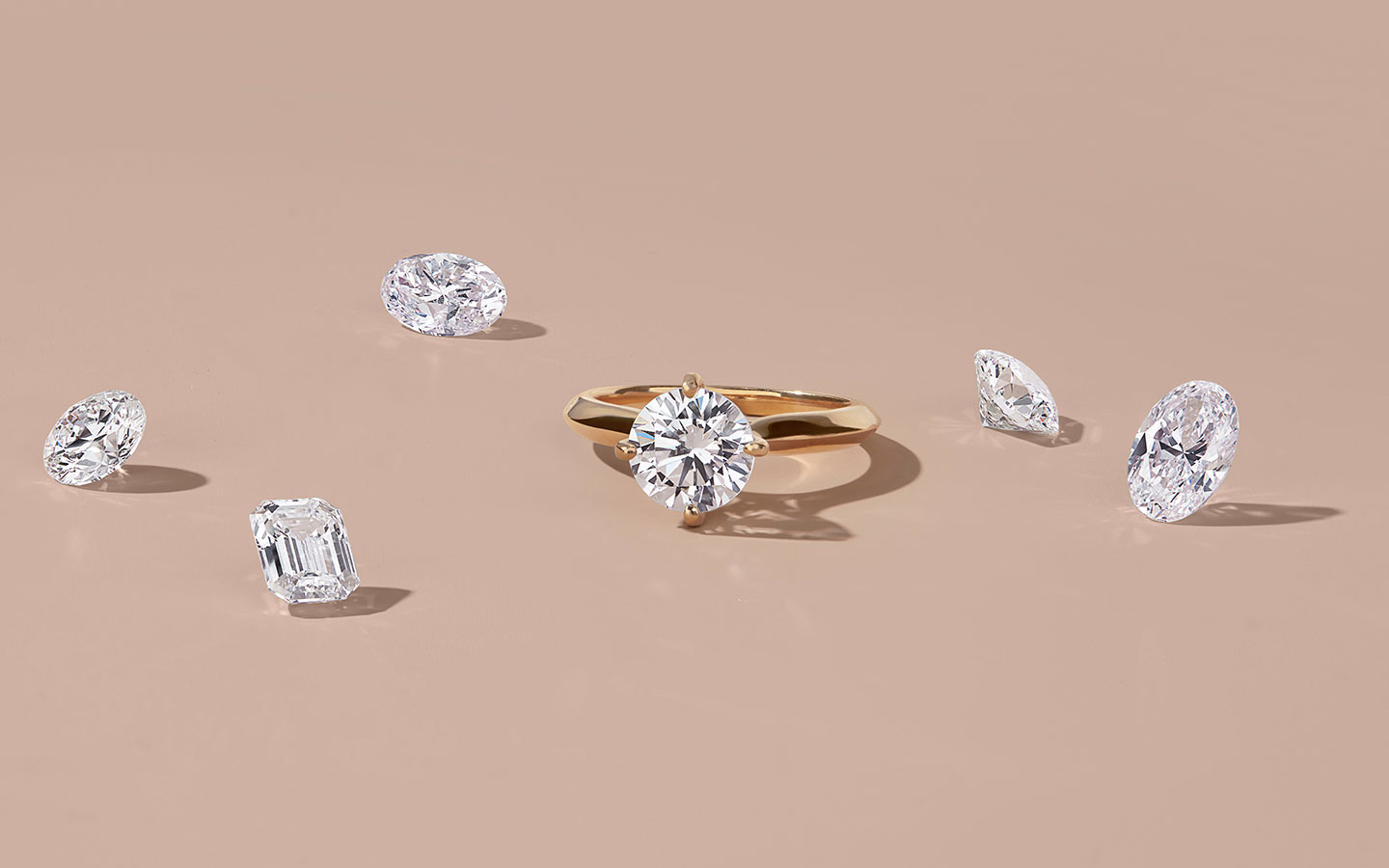Introduction: Understanding the Distinctions Between IGI and GIA
In the world of gemology, two prominent organizations stand out for their certification and grading services: the International Gemological Institute (IGI) and the Gemological Institute of America (GIA). Both play a vital role in providing consumers with valuable information about the quality and authenticity of gemstones. In this article, we delve into the similarities and differences between IGI vs GIA, shedding light on their respective methodologies and reputations within the industry.
The International Gemological Institute (IGI): A Global Authority in Gemstone Certification
Overview of IGI
Founded in Antwerp, Belgium, in 1975, the International Gemological Institute (IGI vs GIA) has grown to become one of the world’s leading gemological laboratories. With locations spanning across Europe, Asia, and North America, IGI is renowned for its expertise in diamond and gemstone grading, offering comprehensive certification services to consumers, retailers, and manufacturers worldwide.
IGI’s Grading Process
IGI employs a rigorous grading process that adheres to strict international standards and guidelines. Trained gemologists meticulously evaluate each gemstone based on criteria such as color, clarity, cut, and carat weight, providing detailed reports that accurately assess the quality and characteristics of the stone.
The Gemological Institute of America (GIA): Setting the Standard for Gemstone Grading
Overview of GIA
Established in 1931, the Gemological Institute of America (GIA) is widely regarded as the foremost authority in gemology and diamond grading. Headquartered in Carlsbad, California, GIA operates laboratories and educational facilities around the world, offering a wide range of services including gemstone grading, research, and education.
GIA’s Grading Process
GIA’s grading process is renowned for its precision and consistency, setting the standard for diamond grading worldwide. Utilizing advanced instrumentation and proprietary grading systems, GIA gemologists meticulously evaluate each diamond based on the 4Cs – color, clarity, cut, and carat weight – producing comprehensive reports that are recognized and trusted by consumers and industry professionals alike.
IGI vs GIA: Understanding the Key Differences
Recognition and Reputation
While both IGI vs GIA are respected gemological laboratories, GIA is often regarded as the gold standard in diamond grading due to its longstanding reputation for excellence and integrity. GIA-graded diamonds typically command higher resale values and consumer confidence compared to those graded by other laboratories, including IGI.
Consistency and Standardization
One of the primary differences between IGI and GIA lies in their grading consistency and standardization. GIA’s grading criteria are widely recognized and adhered to throughout the industry, ensuring a high level of consistency and reliability in diamond grading. In contrast, some critics argue that IGI vs GIA grading standards may be more lenient or inconsistent, leading to variations in grading between laboratories.
Making an Informed Decision: IGI vs GIA
Consider Your Priorities
When choosing between IGI vs GIA certification, lab created diamonds, it’s essential to consider your priorities and preferences as a consumer. If brand recognition and resale value are important to you, opting for a GIA-graded diamond may be the best choice. However, if cost savings or specific grading criteria are your primary concerns, IGI certification may offer a viable alternative.
Consult with a Professional
Ultimately, the decision between IGI vs GIA certification should be based on thorough research and consultation with a trusted jeweler or gemologist. By seeking expert guidance and asking questions about the certification process and grading standards, you can make an informed decision that aligns with your needs and preferences.
Conclusion: Navigating the Landscape of Gemstone Certification
In conclusion, the debate between IGI vs GIA certification underscores the importance of transparency, accuracy, and trust in the gemstone industry. While both organizations play a vital role in providing consumers with valuable information about the quality and authenticity of gemstones, understanding the differences between IGI and GIA can help you make an informed decision when purchasing a diamond or gemstone. Whether you choose an IGI-graded or GIA-graded stone, the most important thing is to ensure that you’re investing in a quality gemstone that brings joy and beauty for years to come.

